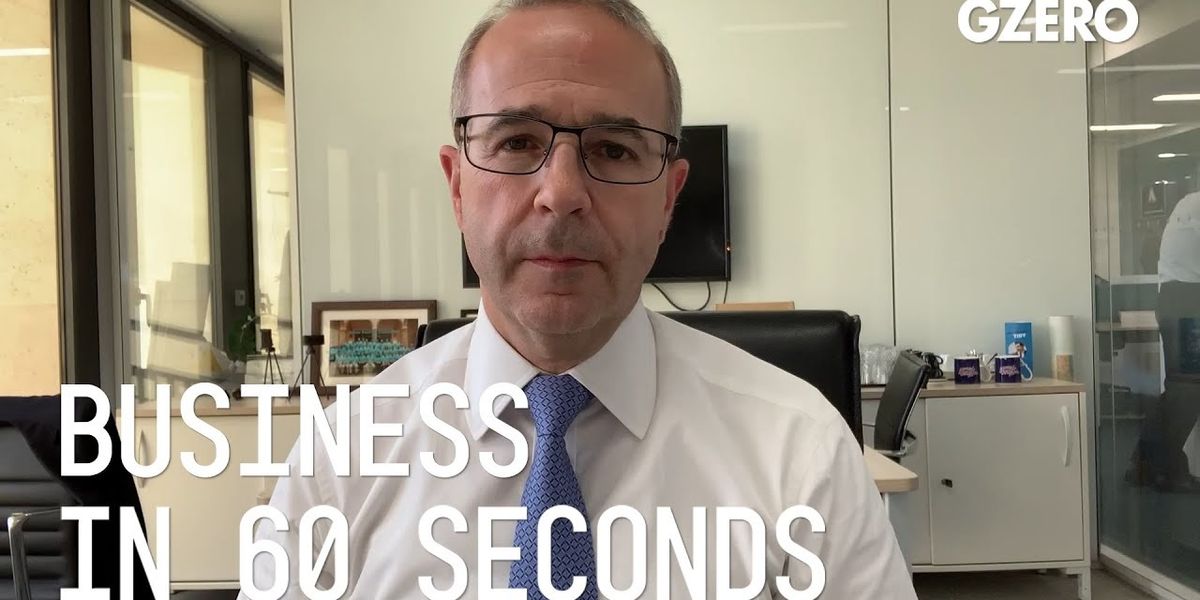Trending Now
We have updated our Privacy Policy and Terms of Use for Eurasia Group and its affiliates, including GZERO Media, to clarify the types of data we collect, how we collect it, how we use data and with whom we share data. By using our website you consent to our Terms and Conditions and Privacy Policy, including the transfer of your personal data to the United States from your country of residence, and our use of cookies described in our Cookie Policy.
{{ subpage.title }}
Balancing long-term business strategy with short-term needs
Kevin Sneader, global managing partner for McKinsey & Company, provides perspective on how corporate business leaders think in response to the coronavirus crisis:
Why is managing for the long term difficult?
Well, we know from earlier research that companies that are oriented towards long-term performance, rather than short-term targets, generate more shareholder value, create more jobs, and contribute more economic growth. But we are seeing short-term behaviors, like cutting costs to boost quarterly earnings, have become more common in the past few years. Executives say they face heavy pressure from investors, and even fellow directors, to meet quarterly targets. And recently, disruptions from COVID-19 give executives more short-term issues to deal with. Now let me be clear, short-term results do matter. They're needed to stay credible. However, trouble happens when short-termism ensures focus in quarterly earnings, which have little to do with long-term value creation. It's far more important to pursue steady improvements, and fundamentals like growth, and return on invested capital.
